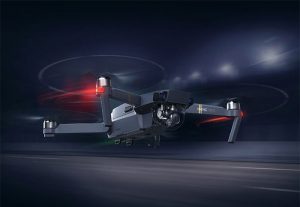I think everyone is familiar with cell phone jammers. In the past few years, various jammers have appeared on the market one after another. Everyone especially likes their cell phone jammers and are confused by the moisture in the message. Or what should I know about cell phone jammer? The greater the power of the mobile phone signal jammer, the better the shielding effect. In fact, this is not entirely accurate. Many manufacturers use ordinary users to detect actual power conditions and deliberately exaggerate openness. Shield power. The nominal power index of the device will lose this reference value. For large-scale shielding systems, shielding technology is a decisive factor affecting shielding effectiveness. The advantages of advanced shielding technology outweigh the power factor of shielding equipment.

Directional antenna to avoid external interference. This is wrong because the directional antenna covers the main lobe, side lobes and back lobes. The main lobe coverage angle is defined as the coverage angle of the mobile phone signal jammer when the external power of the main lobe drops by 3dB. This means that the side and back radiation intensity of the directional antenna is much lower than the main lobe. Therefore, if the space close to the antenna is still relatively shielded, there will still be external interference due to reflections from the shielding building. Similarly, if used improperly, upstream interference will occur, and the interference range will be greater. Therefore, whether the equipment technology can meet the conditions, the application of the antenna, and the debugging of the system are more meaningful than whether to use a directional antenna.
The distance of the mobile phone signal jammer is a clear indicator. In fact, the distance is not an absolute value. It is related to the strength and quality of the spatial signal. In short, distance is meaningless. For the same shielding power, if the distance at the weak point is 100m-70 decibels, the distance at -52 decibels is only 12.5m. The shielding distance is related to the antenna gain. The same power shielding host uses different gain antennas, and the distances are also very different. For example, the distance of an antenna with a gain of 16db is 100 meters, and the distance of an antenna with a gain of 4DB is only 25 meters.